What is a Verb and Types of Verbs in English Grammar?
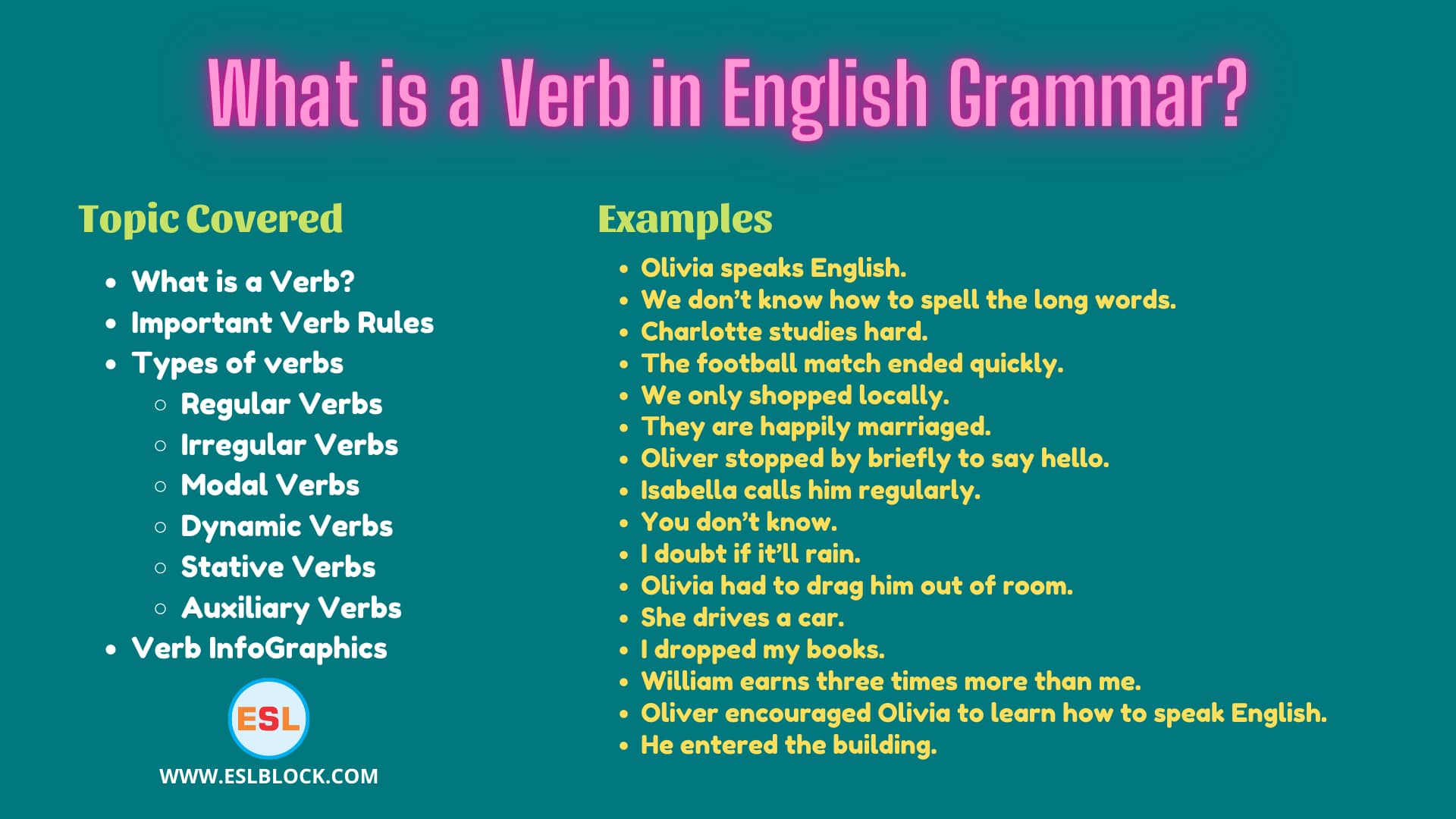
What is a Verb in English Grammar? We’ll explain the meaning of a verb, how to use verb, types of verbs, and provide a variety of examples of verb in English.
When you’re learning English grammar, you’ve to deal with the verb. But what exactly is it? And what does verb do in a sentence? In this article, we will look deeper into the definition of a verb, how it can be used, and the rules that govern its use.
Additionally, we will look at some examples to better understand the purpose of verbs.
As a guide, the below definitions and tables provide the fundamental use of the verb. Read on to get a more in-depth explanation of the rules and examples of when and how to use a verb.
Learn to use verb with example sentences and ESLBLOCK worksheets for printing.
Also read: Baby Farm Animals
What is a Verb?
A verb is a word that characteristically is the grammatical base of a predicate and defines an act, event, or mode of being, that in different languages is inflected for agreement with the subject, for tense, for mood, for voice, or for aspect, and that typically has complete descriptive sense and representing quality but is sometimes nearly devoid of these primarily when used as linking or an auxiliary verb. Verbs are one of the nine parts of speech.
Some common Verb examples: Talk, walk, seem, run, watch, see, swim, wash, stand, go, have, get, promise, invite, listen, sing, sit, knit, put, cut, forgive, forget, hide, hit, hold, hurt, swell, sweap, stand, spit, shrink, show, learn, know.
Some example sentences of verbs;
- Olivia speaks English.
- We don’t know how to spell the long words.
- Charlotte studies hard.
- She swims badly.
- The football match ended quickly.
- We only shopped locally.
- They are happily marriaged.
- Oliver stopped by briefly to say hello.
- Isabella calls him regularly.
- You don’t know.
- I doubt if it’ll rain.
- Olivia had to drag him out of room.
- She drives a car.
- I dropped my books.
- William earns three times more than me.
- They can’t eat their cake.
- Oliver encouraged Olivia to learn how to speak English.
- He entered the building.
The verb is a radically different part of speech from a preposition, conjunction, interjunction, noun, pronoun, adjective, and the rest.
Important Verb Rules
There are many rules covering the use of verbs in the English language. Let’s take a glance at the most significant verb rules.
- When there is a third person, the verb needs an -s or -es in addition to verbs; for example, Olivia drives the bike.
- If the subject and the verb have a long phrase between them, the verb has to coordinate with the actual subject and not that of the phrase. For example, The noodles which she gave to her daughter were delicious.
- If two nouns are in a sentence and refer to the same thing or person, the following verb should be singular. For example, The director and the supervisor are working in the company.
- If the subject is preceded by the phrase ‘one of,’ the following verb should be singular. For example, one of the children is sleeping.
- A singular verb is required if the plural noun is preceded by the words ‘a pair of’. For example, A pair of shoes is quite cheap.
- Plural nouns on their own will use a plural verb; for example, Her shoes are oversize.
- If two nouns are synonymous within a sentence, they should be followed by a singular verb. For example, Her power and might is enormous.
- If the noun is uncountable, then a singular verb is used; for example, The poetry that he writes is very patriotic.
- When a collective noun refers to a single entity, it should use a singular verb; for example, The military is courageous. However, if it is being used to refer to an individual, then a plural verb is used; for example, The military are requiring new weapons.
Types of verbs
There are many types of verbs in English language. Some of the types of verbs are:
- Regular verbs
- Irregular verbs
- Modal verbs
- Dynamic verbs
- Auxiliary verbs
- Stative verbs
- Linking Verbs
- Transitive Verbs
- Finite Verbs
- Infinitive Verbs
- Intransitive Verbs
- Causative verbs
Regular Verbs
Regular Verbs Definition: Verbs differ from most other parts of speech because they can change their form. Sometimes, endings can be included -ed or -ing, and at other times, the verb is a different word (such as put and put).
Example Sentences:
- She walks to the park every morning.
- The children always play in the backyard after school.
- I usually clean the house on Saturdays.
- They consistently learn new skills at the workshop.
- The baker carefully bakes fresh bread every day.
Regular verbs are words which form past-tense simply by putting the letter “d” or “ed” at the end.
Following are the common regular verbs.
| First Form (Base) | Second Form (Simple Past) | Third Form (Past Participle) |
|---|---|---|
| Accept | Accepted | Accepted |
| Act | Acted | Acted |
| Ask | asked | asked |
| Back | backed | backed |
| Bake | Baked | Baked |
| Behave | Behaved | Behaved |
| Chase | chased | chased |
| Chew | chewed | chewed |
| Close | Closed | Closed |
| Compare | Compared | Compared |
| Compete | Competed | Competed |
| Decide | decided | decided |
| Depend | depended | depended |
| Die | Died | Died |
| Disagree | Disagreed | Disagreed |
| Disturb | Disturbed | Disturbed |
| Dress | Dressed | Dressed |
| Dry | Dried | Dried |
| Eliminate | Eliminated | Eliminated |
| Employee | employed | employed |
| End | Ended | Ended |
| Enjoy | Enjoyed | Enjoyed |
| Excuse | excused | excused |
| Fade | faded | faded |
| Fix | Fixed | Fixed |
| Fold | folded | folded |
| Follow | Followed | Followed |
| Freeze | Freezed | Freezed |
| Fry | Fried | Fried |
| Gaze | gazed | gazed |
| Greet | Greeted | Greeted |
| Guess | Guessed | Guessed |
| Hand | handed | handed |
| Hunt | Hunted | Hunted |
| Identify | Identified | Identified |
| Imagine | Imagined | Imagined |
| Invite | Invited | Invited |
| Join | Joined | Joined |
| Joke | joked | joked |
| Jump | Jumped | Jumped |
| Kick | kicked | kicked |
| Knock | Knocked | Knocked |
| Laugh | laughed | laughed |
| Learn | learned | learned |
| Love | Loved | Loved |
| Manage | Managed | Managed |
| Mark | Marked | Marked |
| Match | Matched | Matched |
| Name | Named | Named |
| Need | Needed | Needed |
| Open | Opened | Opened |
| Order | Ordered | Ordered |
| Organize | Organized | Organized |
| Pack | Packed | Packed |
| Paint | Painted | Painted |
| Pass | Passed | Passed |
| Perform | Performed | Performed |
| Persuade | Persuaded | Persuaded |
| Program | Programmed | Programmed |
| Protect | Protected | Protected |
| Review | Reviewed | Reviewed |
| Shop | Shopped | Shopped |
| Slow | Slowed | Slowed |
| Turn | Turned | Turned |
| Underline | Underlined | Underlined |
| Want | Wanted | Wanted |
Irregular Verbs
Irregular Verbs Definition: Irregular verbs are one of the simple and common types of verbs. A verb in which the past tense is not formed by adding the usual -ed or -d at the end.
Example Sentences:
- He went to the store to buy groceries.
- We have eaten at that restaurant before.
- She sang a beautiful song at the concert.
- They took a detour to avoid traffic.
- I have driven a manual car before.
Following are the common irregular verbs.
| First Form (Base) | Second Form (Simple Past) | Third Form (Past Participle) |
|---|---|---|
| arise | arose | arisen |
| awake | awoke | awoken |
| be | was/were | been |
| bear | bore | borne |
| beat | beat | beaten |
| become | became | become |
| begin | began | begun |
| bend | bent | bent |
| bet | bet | bet |
| bid | bid | bid |
| bind | bound | bound |
| bite | bit | bitten |
| bleed | bled | bled |
| blow | blew | blown |
| break | broke | broken |
| breed | bred | bred |
| bring | brought | brought |
| broadcast | broadcast | broadcast |
| build | built | built |
| burst | burst | burst |
| buy | bought | bought |
| cast | cast | cast |
| catch | caught | caught |
| choose | chose | chosen |
| cling | clung | clung |
| come | came | come |
| cost | cost | cost |
| creep | crept | crept |
| cut | cut | cut |
| deal | dealt | dealt |
| dig | dug | dug |
| dive | dove | dived |
| do | did | done |
| draw | drew | drawn |
| dream | dreamt | dreamt |
| drink | drank | drunk |
| drive | drove | driven |
| eat | ate | eaten |
| fall | fell | fallen |
| feed | fed | fed |
| feel | felt | felt |
| fight | fought | fought |
| find | found | found |
| flee | fled | fled |
| fling | flung | flung |
| flt | flew | flown |
| forbid | forbade | forbidden |
| forget | forgot | forgotten |
| forgive | forgave | forgiven |
| freeze | froze | frozen |
| get | got | got |
| give | gave | given |
| go | went | gone |
| grind | ground | ground |
| grow | grew | grown |
| hang | hung | hung |
| have | had | had |
| hear | heard | heard |
| hide | hid | hidden |
| hit | hit | hit |
| hold | held | held |
| hurt | hurt | hurt |
| keep | kept | kept |
| kneel | knelt | knelt |
| know | knew | known |
| lay | laid | laid |
| lead | led | led |
| leave | left | left |
| lend | lent | lent |
| let | let | let |
| lie | lay | lain |
| light | lit | lit |
| lose | lost | lost |
| make | made | made |
| mean | meant | meant |
| meet | met | met |
| mistake | mistook | mistaken |
| mow | mowed | mown |
| overtake | overtook | overtaken |
| pay | paid | paid |
| proofread | proofread | proofread |
| put | put | put |
| quit | quit | quit |
| read | read | read |
| reset | reset | reset |
| ride | rode | ridden |
| ring | rang | rung |
| rise | rose | risen |
| run | ran | run |
| say | said | said |
| see | saw | seen |
| seek | sought | sought |
| sell | sold | sold |
| send | sent | sent |
| set | set | set |
| sew | sewed | sewn |
| shake | shook | shaken |
| shave | shaved | shaven |
| shed | shed | shed |
| shine | shone | shone |
| shoot | shot | shot |
| show | showed | shown |
| shrink | shrank | shrunk |
| shut | shut | shut |
| sing | sang | sung |
| sink | sank | sunk |
| sit | sat | sat |
| slay | slew | slain |
| sleep | slept | slept |
| slide | slid | slid |
| sling | slung | slung |
| sneak | snuck | snuck |
| sow | sowed | sown |
| speak | spoke | spoken |
| speed | sped | sped |
| spend | spent | spent |
| spill | spilt | spilt |
| spin | spun | spun |
| spit | spat | spat |
| split | split | split |
| spread | spread | spread |
| spring | sprang | sprung |
| stand | stood | stood |
| steal | stole | stolen |
| stick | stuck | stuck |
| sting | stung | stung |
| stink | stank | stunk |
| strike | struck | struck |
| string | strung | strung |
| strive | strove | striven |
| swear | swore | sworn |
| sweep | swept | swept |
| swell | swelled | swollen |
| swim | swam | swum |
| swing | swung | swung |
| take | took | taken |
| teach | taught | taught |
| tear | tore | torn |
| think | thought | thought |
| throw | threw | thrown |
| thrust | thrust | thrust |
| tread | trod | trodden |
| understand | understood | understood |
| upset | upset | upset |
| wake | woke | woken |
| wear | wore | worn |
| weave | wove | worn |
| weave | wove | woven |
| weep | wept | wept |
| wet | wet | wet |
| win | won | won |
| wind | wound | wound |
| wring | wrung | wrung |
| write | wrote | written |
Modal Verbs
Model Verb Definition: Modal verbs express certain hypothetical situations, such as advice, capability, possibility, advice, obligation, ability, permission, or requests. They’re used alongside the main verb to modify its meaning slightly.
Example Sentences:
- You can choose any seat in the theater.
- I might attend the party if I finish work on time
- He will assist you with the project requirements.
- Students must submit their assignments by the deadline.
- We should consider alternative solutions to the problem.
Following are the common model verbs.
- Can
- Could
- Doesn’t have to
- Don’t
- had better
- Has to
- Have to
- May
- Might
- Must
- must not
- Mustn’t
- need not
- Ought to
- Shall
- Should
- Will
- Would
Dynamic Verbs
Dynamic Verb Definition: A dynamic verb (such as go, ride, go, read, write) primarily indicates an action, process, or sensation. A dynamic verb is a verb that shows continued or progressive action on the part of the subject. This is contrary to a stative verb.
Example Sentences:
- The athletes regularly run in the morning to stay fit.
- She loves to dance at social events.
- The construction workers are currently building a new skyscraper.
- Children often play in the park after school hours.
- The artist passionately creates beautiful sculptures.
Following are the common dynamic verbs.
- Eat
- Go
- Grow
- Learn
- Read
- Run
- Sleep
- Talk
- Walk
- Write
Stative Verbs
Stative Verb Definition: Some English verbs not used in continuous tenses are called stative verbs or non-continuous verbs. Stative verbs are verbs that describe a state rather than an action. Stative verbs usually bond to emotions, thoughts, relationships, senses, states of being and measurements.
Example Sentences:
- She is a talented musician.
- The old house belongs to my grandparents.
- They have a vast collection of vintage books.
- He likes to read mystery novels.
- The coffee smells aromatic in the morning.
Following are the common examples stative verbs.
- Adore
- Agree
- Appear
- Astonish
- Care for
- Consist
- Deny
- Depend
- Desire
- Disagree
- Dislike
- Fit
- Forget
- Hate
- Have
- Imagine
- Involve
- Lack
- Like
- Matter
- Mean
- Measure
- Mind
- Need
- Owe
- Own
- Possess
- Prefer
- Promise
- Realise
- Recognise
- Remember
- Satisfy
- Seem
- Suppose
- Want
- Weigh
Auxiliary Verbs
Auxiliary Verb Definition: A verb is used in forming the tenses, moods, and voices of other verbs. The auxiliary verbs help the main verb to describe actions. The primary auxiliary verbs in English are be, do, and have.
Example Sentences:
- They are attending the conference next week.
- She has completed her homework already.
- We do enjoy spending time at the beach.
- You will find the information in the library.
- I can help you with the presentation.
Following are the common examples of Auxiliary verbs.
- Am
- Are
- Be
- Been
- Being
- Can
- Could
- Did
- Do
- Does
- Had
- Has
- Have
- Is
- May
- Might
- Must
- Shall
- Should
- Was
- Were
- Will
- Would
Linking Verbs
Linking verbs are verbs that connect the subject of a sentence to the complement, either a noun, pronoun, or adjective, providing additional information about the subject’s state or condition. Unlike action verbs, linking verbs do not show action but rather establish a relationship between the subject and the complement.
Example Sentences:
- She is a talented singer.
- The cake smells delicious.
- The flowers in the garden look vibrant.
- My brother became a doctor.
- The weather outside seems gloomy.
Examples:
- is
- am
- are
- was
- were
- seem
- appear
- become
- feel
- remain
- smell
- look
- taste
- sound
- grow
- turn
- prove
- stay
- get
- keep
Transitive Verbs
Transitive verbs are verbs that require a direct object to complete their meaning in a sentence. These verbs transfer the action to an object, providing a clear understanding of what or whom the action is affecting.
Examples:
- Read
- Build
- Paint
- Play
- Cook
- Complete
- Teach
- Buy
- Write
- Fix
- Plant
- Compose
- Solve
- Clean
- Invite
- Answer
- Challenge
- Visit
- Discover
- Repair
Example Sentences:
- She reads a captivating novel every weekend.
- The chef cooked a delicious meal for the guests.
- He built a sturdy wooden table.
- The artist painted a breathtaking landscape.
- They bought a new car last month.
Finite Verbs
Finite verbs are verbs that indicate tense, person, and number, signaling a completed action or state. They carry the primary meaning in a sentence and are often the main verb that shows the action or occurrence.
Examples:
- Write
- Eat
- Run
- Sing
- Dance
- Study
- Play
- Laugh
- Sleep
- Jump
- Talk
- Drive
- Work
- Read
- Swim
- Teach
- Learn
- Paint
- Travel
- Build
Example Sentences:
- They are playing in the park.
- She writes a captivating story every week.
- We ate dinner at 7 PM last night.
- He runs five miles every morning.
- The birds sing melodious tunes at dawn.
Infinitive Verbs
Infinitive verbs are the base form of a verb, often introduced by the particle “to.” They are not conjugated for tense or person and can function as nouns, adjectives, or adverbs in a sentence.
Examples:
- To dance
- To sing
- To read
- To write
- To run
- To learn
- To teach
- To play
- To cook
- To travel
- To build
- To create
- To explore
- To innovate
- To laugh
- To dream
- To achieve
- To discover
- To inspire
- To communicate
Example Sentences:
- She likes to read fascinating novels.
- We plan to travel to exotic destinations.
- The musician aspires to compose soul-stirring melodies.
- He decided to learn a new language.
- Their goal is to build innovative solutions.
Intransitive Verbs
Intransitive verbs are verbs that do not require a direct object to complete their meaning. These verbs convey action but do not transfer it to a specific receiver, and they often stand alone in a sentence.
Examples:
- Laugh
- Arrive
- Cry
- Run
- Sleep
- Disappear
- Jump
- Listen
- Arrive
- Fall
- Wait
- Smile
- Dance
- Succeed
- Awaken
- Hesitate
- Appear
- Vanish
- Occur
- Surprise
Example Sentences:
- The baby laughs joyfully.
- They arrived at the destination.
- The flowers in the garden bloom beautifully.
- The athlete sprints across the finish line.
- The river flows gently.
Causative Verbs
Causative verbs are verbs that indicate the action of causing someone else to do something. These verbs bridge the connection between the instigator of an action and the person who performs it.
Examples:
Explore the world of causative verbs through this list:
- Make
- Have
- Let
- Get
Example Sentences:
- She made Alex bake cookies for the party.
- Peter had his sister fix his bicycle.
- The teacher let the students choose their own project topics.
- They got the mechanic to repair the car.
- Emma made Jake clean the entire room.
Verb Info Graphics
Here are some printable infographics about verb. Printable infographics are a fantastic way to share a significant amount of details in a short time in a stunning way. The verb infographic can help teachers and students to share their thoughts easily.

My Considerations
With this set of activities and explanations, you will quickly determine whether you are making the most effective use of the verb and how they could be used to enhance English writings.
Since the verbs are the main part of English Grammar, the importance of developing English learning skills cannot be undervalued without verb.
You can read the above sample sentences about verb to improve your understanding of English grammar.
Encourage your children to learn these basic but commonly used verb, by following the simple example sentences given above. Then, save this list of verb sentences, handy for your kids in future.
If you enjoyed a printable infographic about What is an verb?, I’d be very thankful if you’d help it spread by emailing it to your friends or sharing it on Pinterest, Reddit, Twitter, Instagram, or Facebook. Thank you!
Also read: Adjectives That Start With Y
Recap of what we just learned
- What is a Verb?
- Important Verb Rules
- Types of verbs
- Regular Verbs
- Irregular Verbs
- Modal Verbs
- Dynamic Verbs
- Stative Verbs
- Auxiliary Verbs
- Linking Verbs
- Transitive Verbs
- Finite Verbs
- Infinitive Verbs
- Intransitive Verbs
- Causative verbs
- Verb Info Graphics
With ESLBLOCK, you will not face problems studying new ideas. If you are in doubt, the qualities of blog post about What is a verb, reach us through our blog’s comment section. Keep checking back! We’ll attempt to give you feedback as early as possible. Thank you!
Also read: Adjectives That Start With Z
Related Topics
Explore the full list of Verbs from A to Z!
- Verbs That Start With A
- Verbs That Start With B
- Verbs That Start With C
- Verbs That Start With D
- Verbs That Start With E
- Verbs That Start With F
- Verbs That Start With G
- Verbs That Start With H
- Verbs That Start With I
- Verbs That Start With J
- Verbs That Start With K
- Verbs That Start With L
- Verbs That Start With M
- Verbs That Start With N
- Verbs That Start With O
- Verbs That Start With P
- Verbs That Start With Q
- Verbs That Start With R
- Verbs That Start With S
- Verbs That Start With T
- Verbs That Start With U
- Verbs That Start With V
- Verbs That Start With W
- Verbs That Start With X
- Verbs That Start With Y
- Verbs That Start With Z

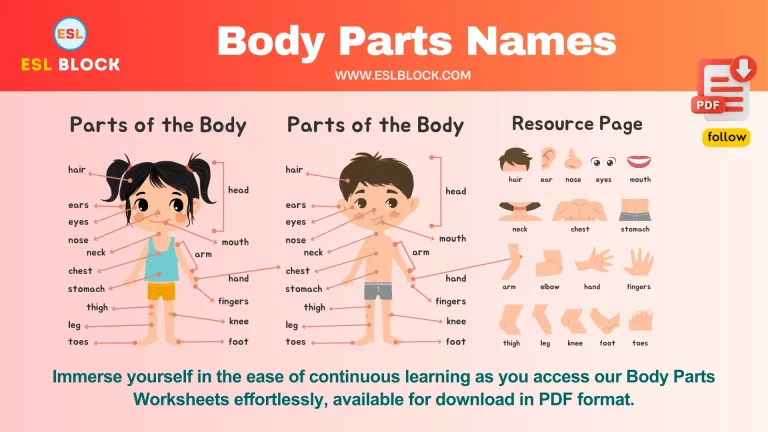
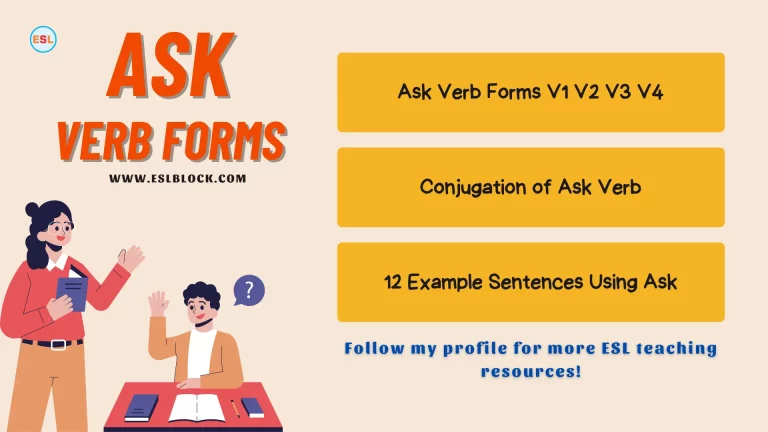
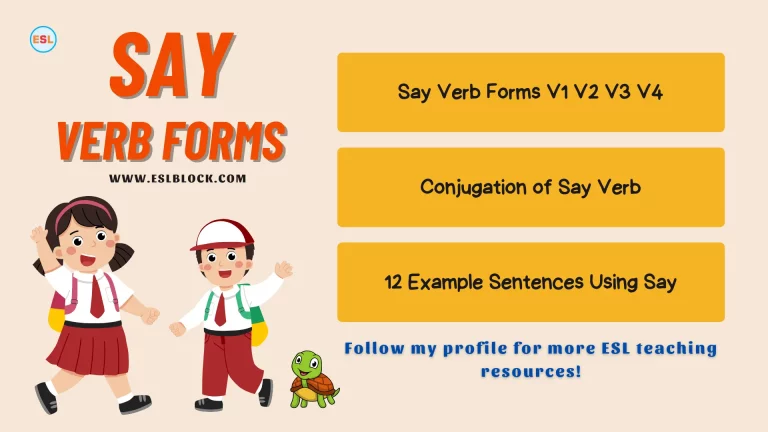
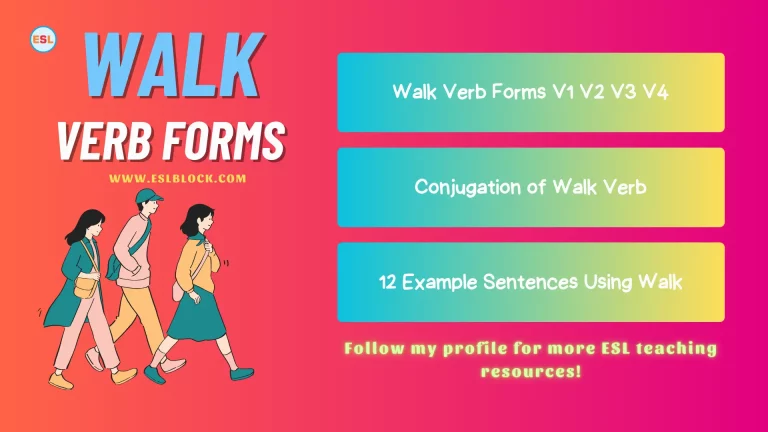
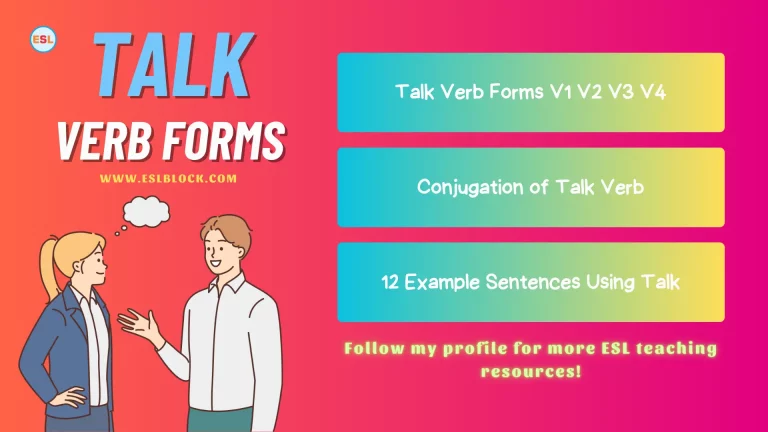
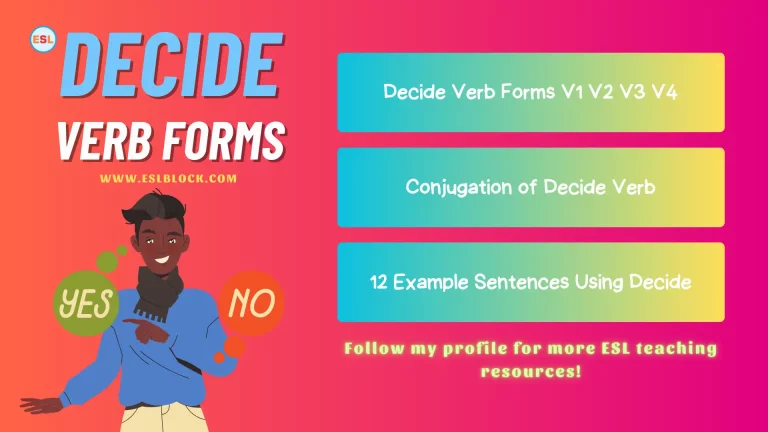
[…] what an adverb is? An adverb is a part of speech that provides a more fantastic explanation to a verb, adjective, or another adverb. Anyways is an adverb, but so is something like Abhorrently. I […]
[…] what an adverb is? An adverb is a part of speech that provides a more fantastic explanation to a verb, adjective, or another adverb. Anyways is an adverb, but so is something like Abhorrently. I […]
[…] what an adverb is? An adverb is a part of speech that provides a more fantastic explanation to a verb, adjective, or another adverb. Anyways is an adverb, but so is something like Abhorrently. I […]